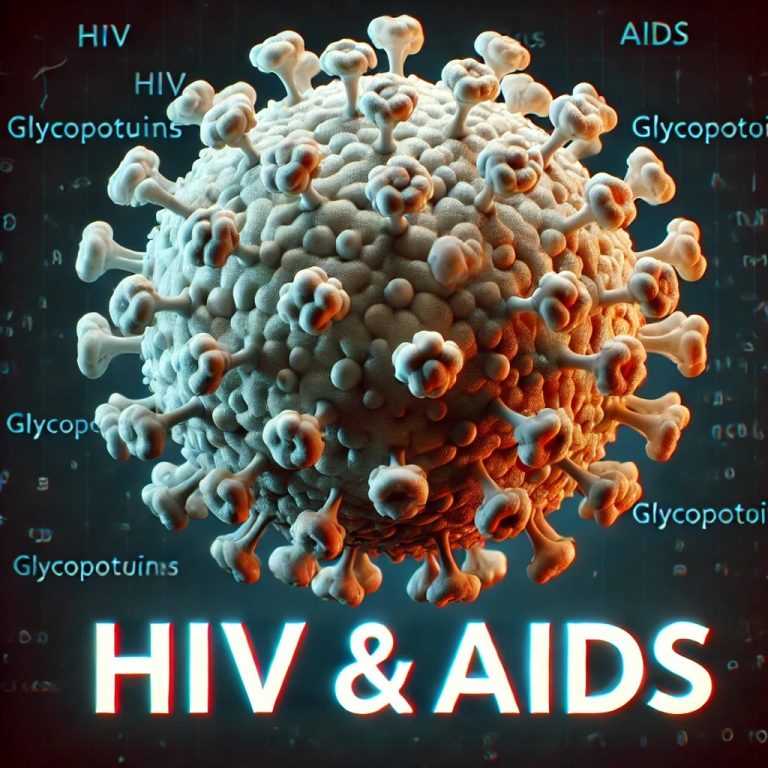The Yobe State Primary Healthcare Board has engaged media practitioners ahead of its integrated measles, rubella, polio, malaria, and HIV campaign scheduled to hold from Oct. 18 to 23 across the state.
Bulama Yaro, the board’s Deputy Health Promotion Officer, disclosed this during the engagement in Damaturu on Friday, noting that the exercise would deliver multiple interventions to targeted age groups.
He explained that the measles-rubella vaccination would cover children aged nine months to 14 years, while the polio vaccine would target children from birth to 59 months.
According to him, the campaign would also administer the fourth cycle of Seasonal Malaria Chemoprevention (SMC) drugs to children between three months and 59 months in two phases. The first phase would cover those aged three to 11 months, while the second phase would target children aged 12 to 59 months.
Yaro added that neglected tropical diseases (NTDs) interventions, including the administration of azithromycin for trachoma, would be conducted in three local government areas. In addition, the Human Papillomavirus (HPV) vaccine would be administered to adolescent girls.
He said the campaign would run for five days, with an additional two mop-up days for areas not fully reached.
“Our message to caregivers and parents is to take advantage of this opportunity to present their children for vaccination. These interventions are for the health and well-being of our children,” Yaro said.
Also speaking, Benjamin Abata, the State Coordinator for Neglected Tropical Diseases Control Programme, said the integrated approach would ensure efficiency and reduce stress on both health workers and communities.
He listed trachoma, onchocerciasis, and lymphatic filariasis as some of the diseases targeted under the NTD programme, stressing the importance of improved sanitation and access to clean water to sustain control efforts.
Abata expressed concern that some communities still practiced open defecation and lacked access to safe water.
“Behavioral change, provision of household toilets, and adequate water supply in schools and markets are critical to reducing the spread of these diseases,” he said.
On his part, Barka Darpi, UNICEF Social and Behavioral Change Officer, said the introduction of the measles-rubella vaccine was part of efforts to close immunity gaps and reduce the burden of preventable childhood diseases.
According to him, Nigeria accounts for 54 per cent of Africa’s polio burden and ranks second in measles incidence after the Democratic Republic of Congo.
Darpi explained that the integrated campaign would protect a large cohort of children, interrupt the transmission of measles, rubella, and polio, strengthen routine immunization, and reduce inequities in vaccine coverage.
He added that the vaccination would also help prevent congenital rubella syndrome and other complications associated with the diseases.
The engagement was attended by journalists from various media organizations as well as stakeholders in the health sector.


